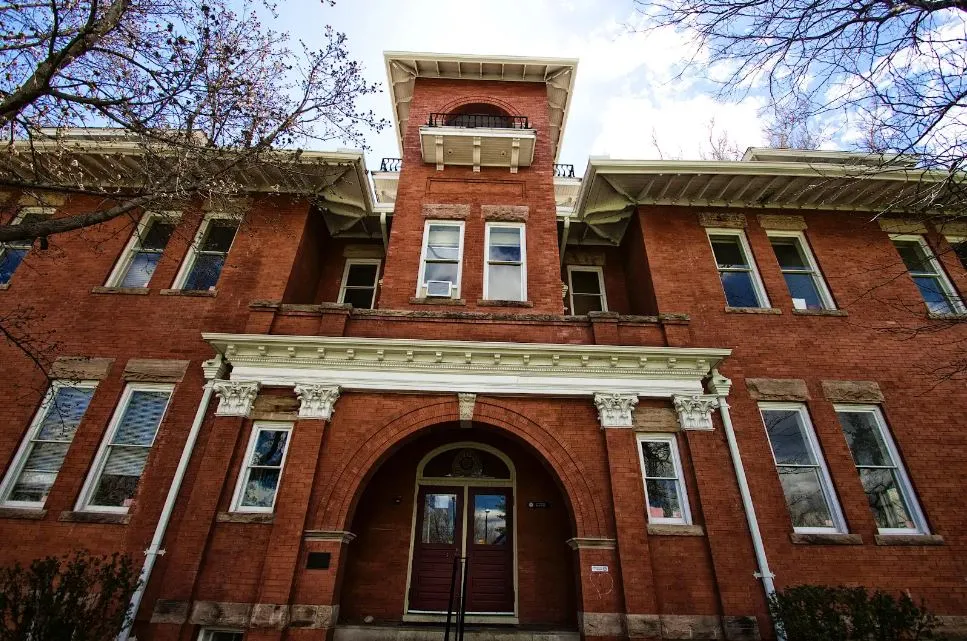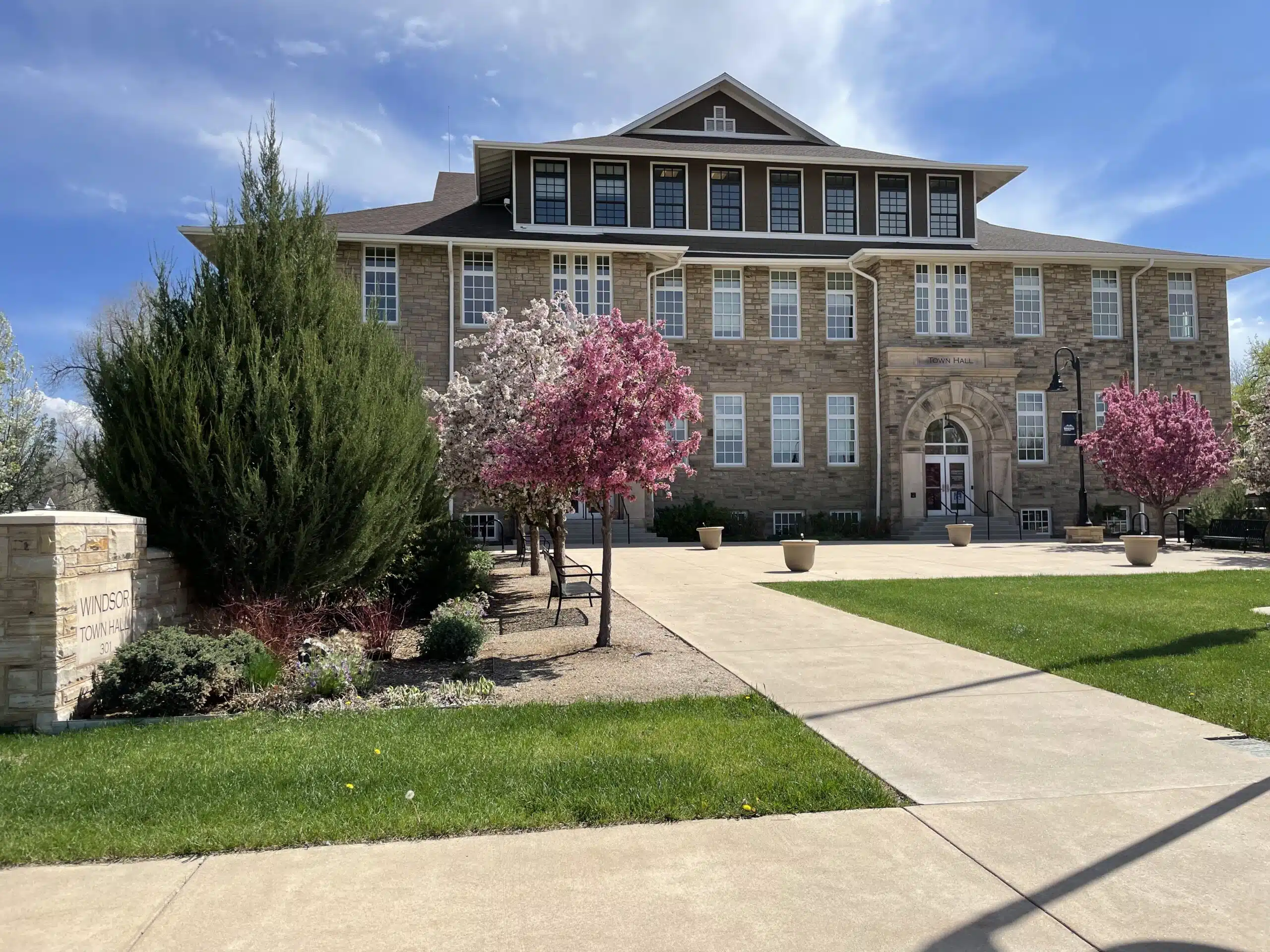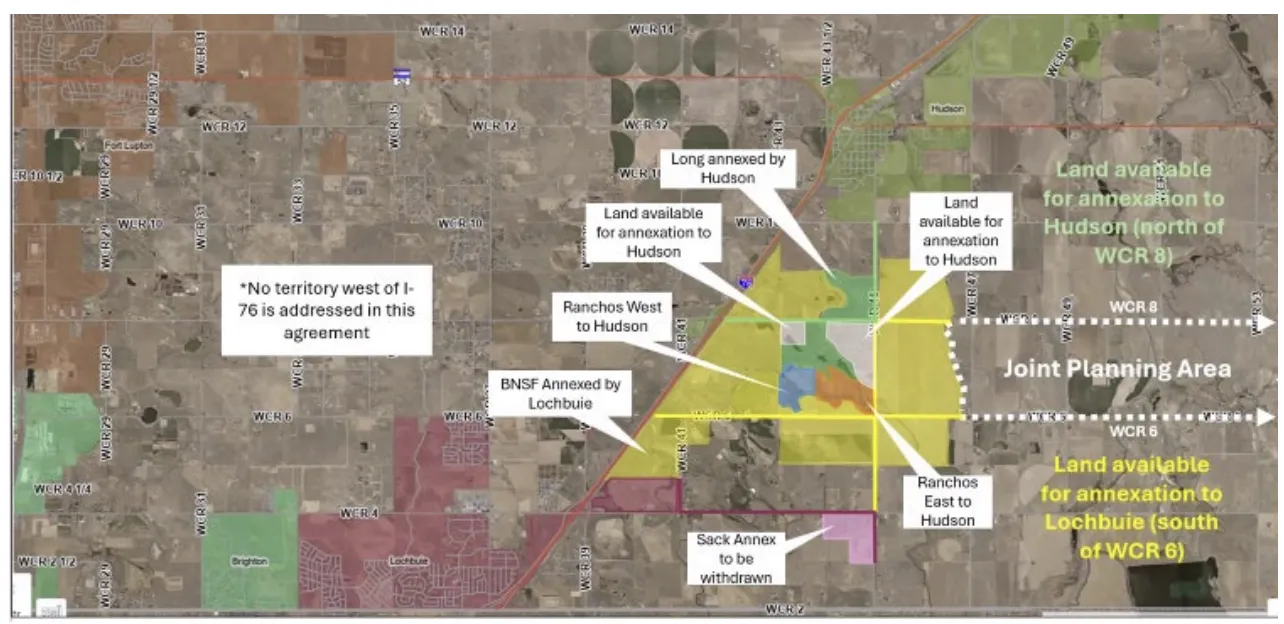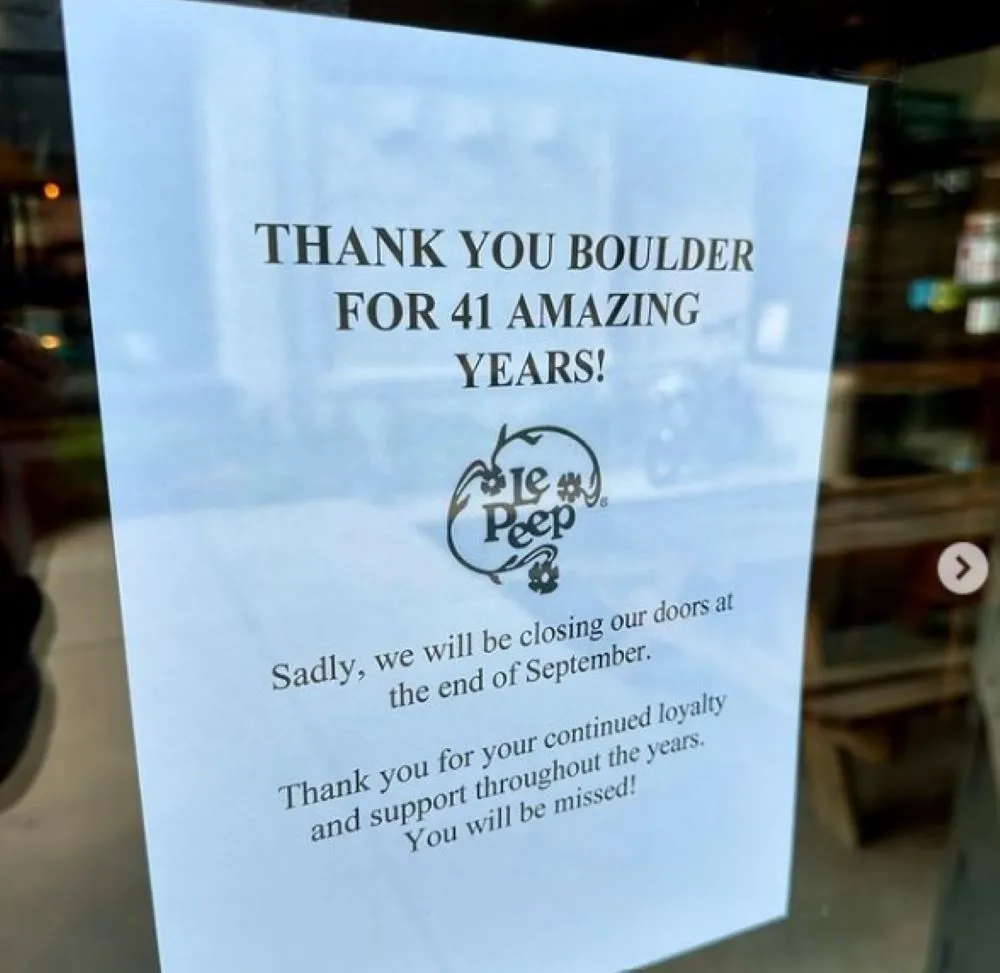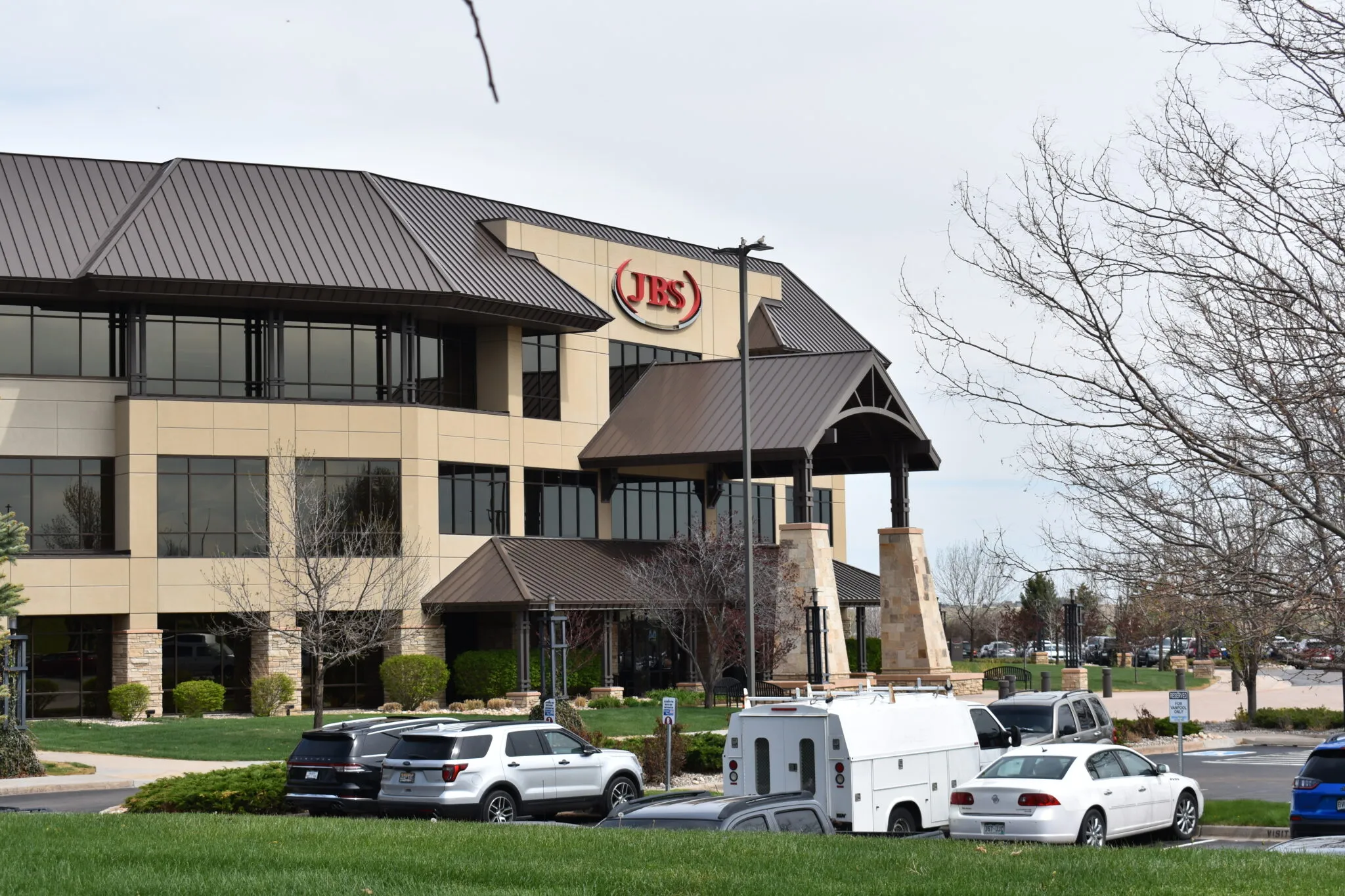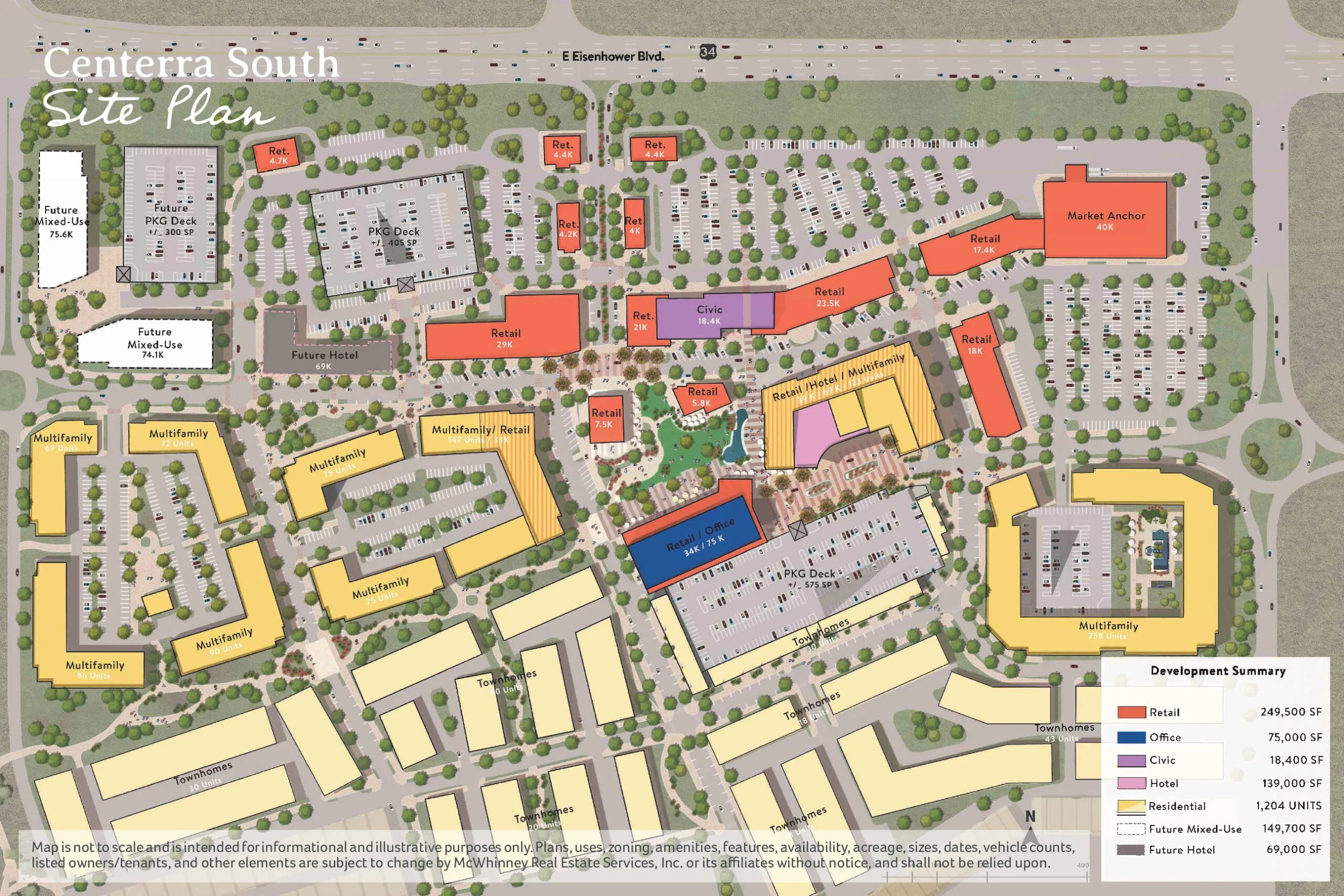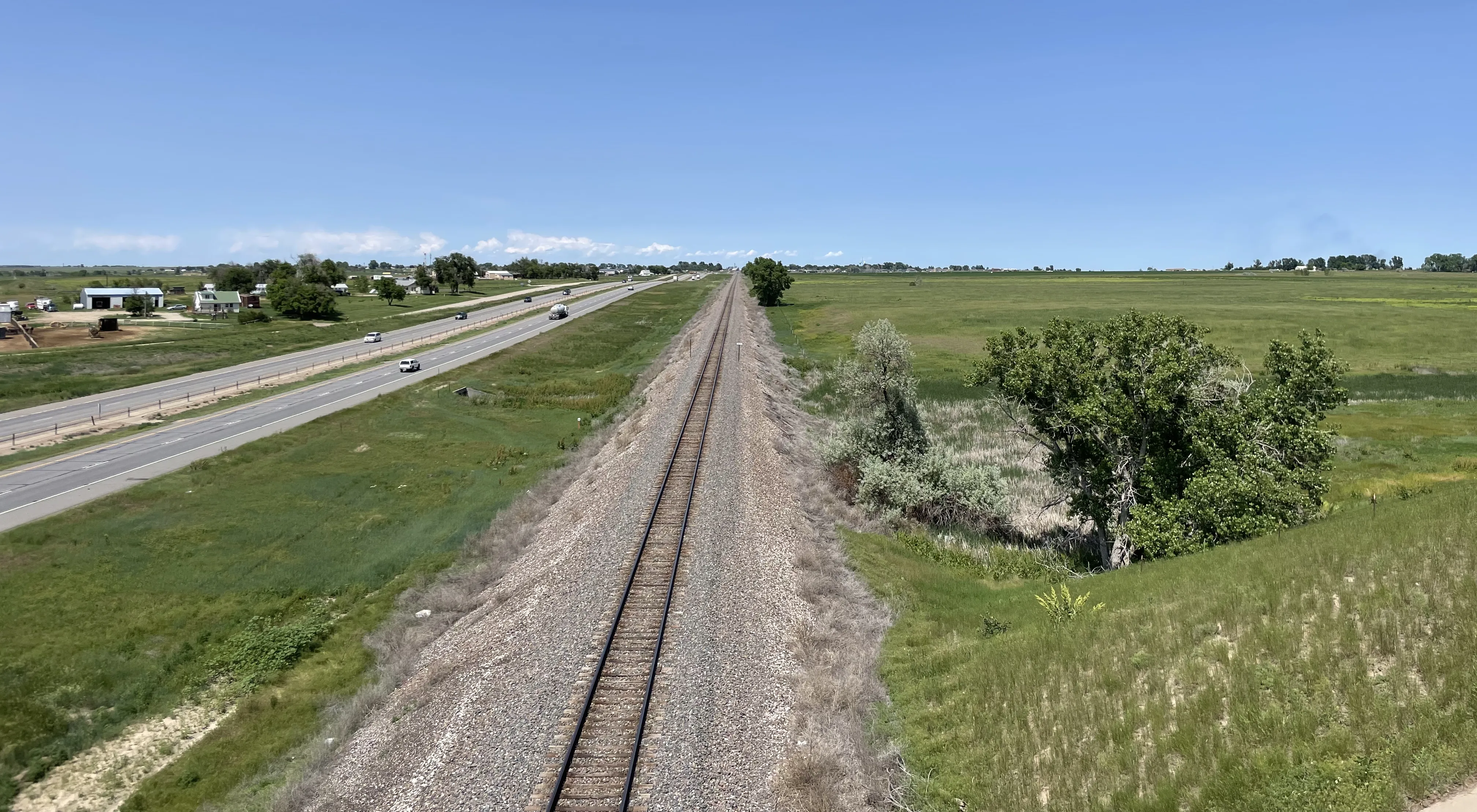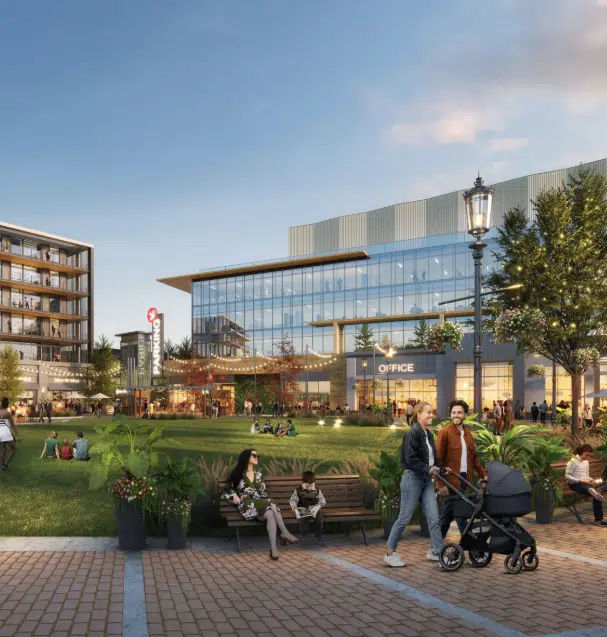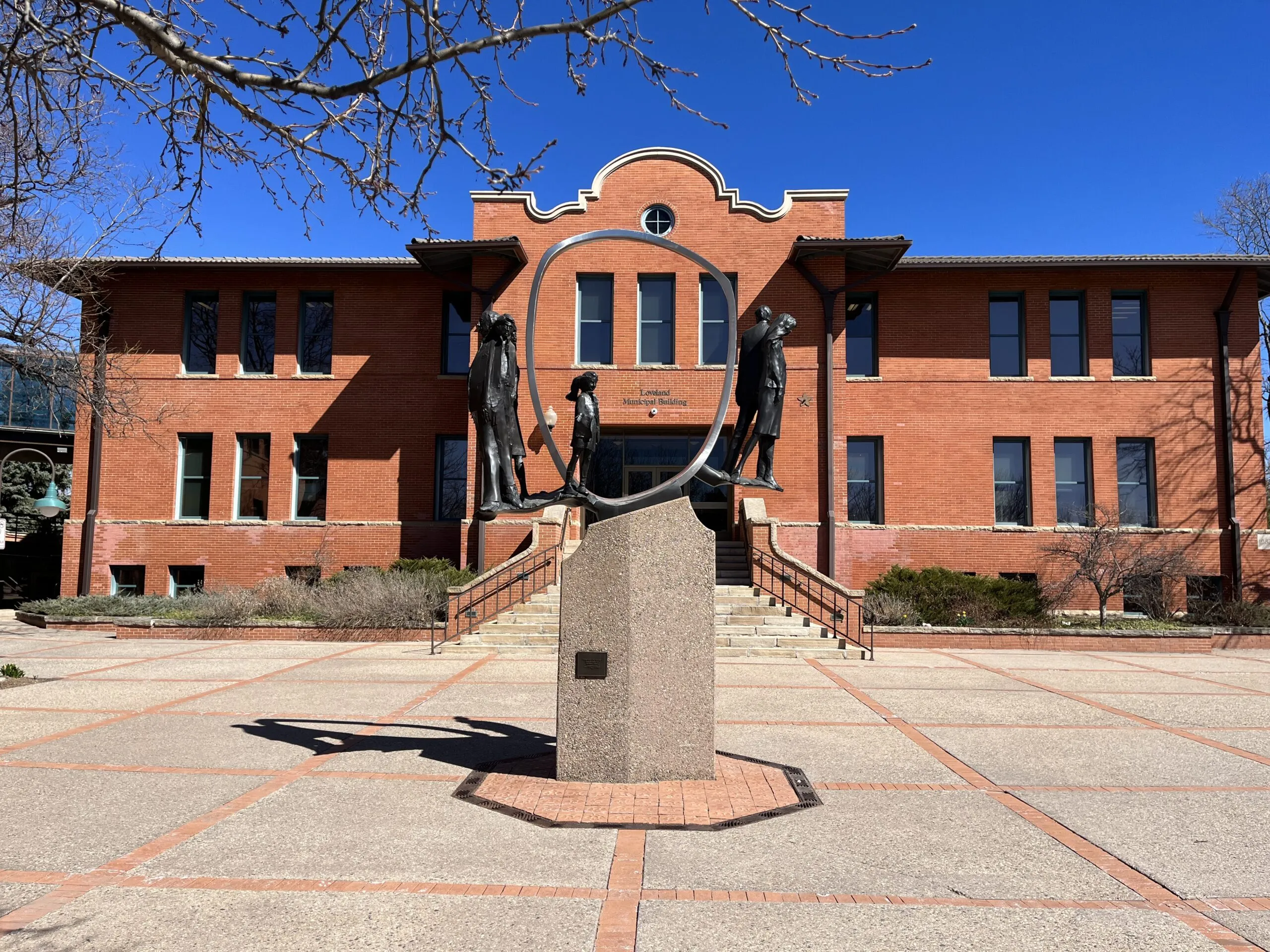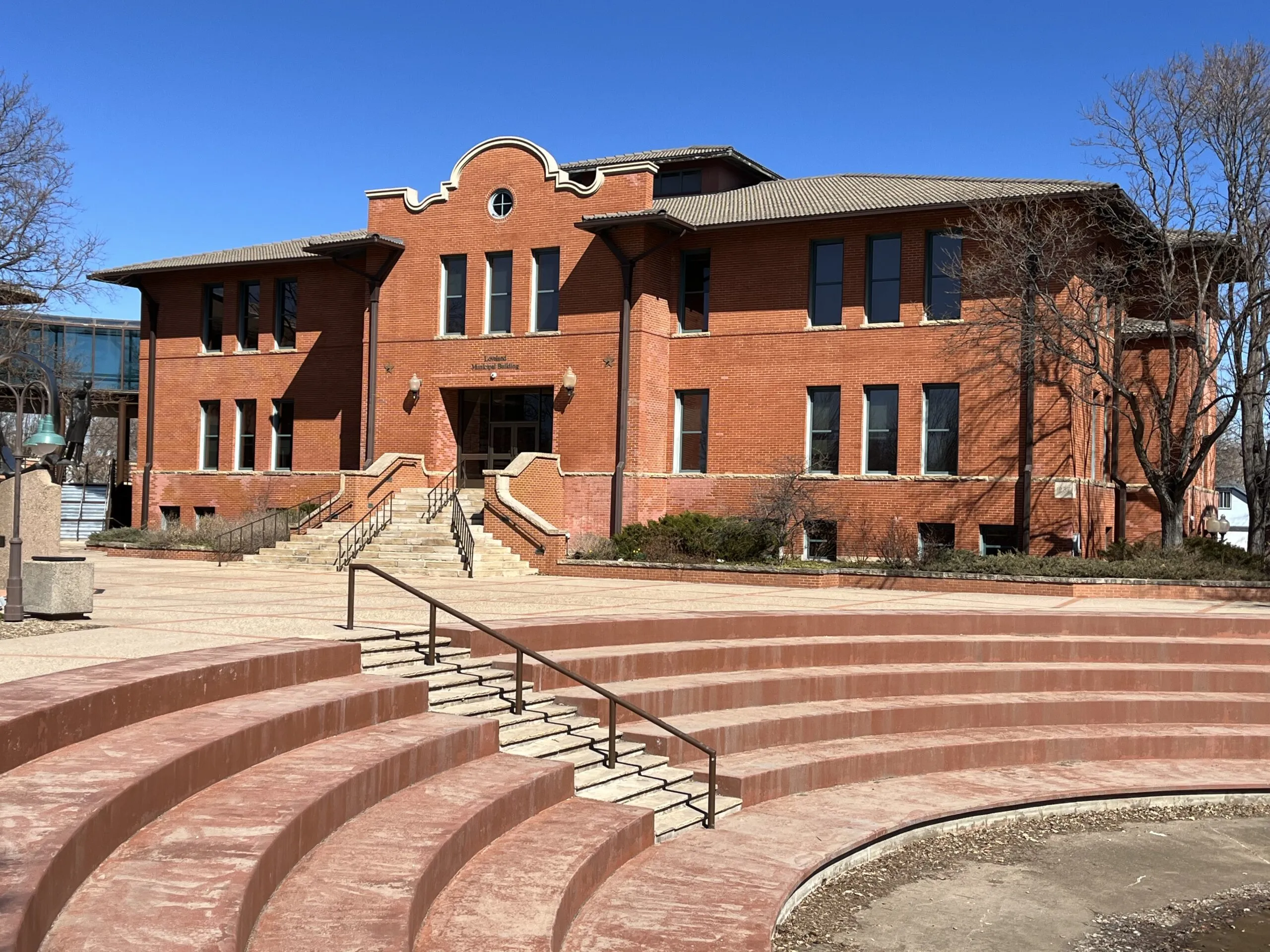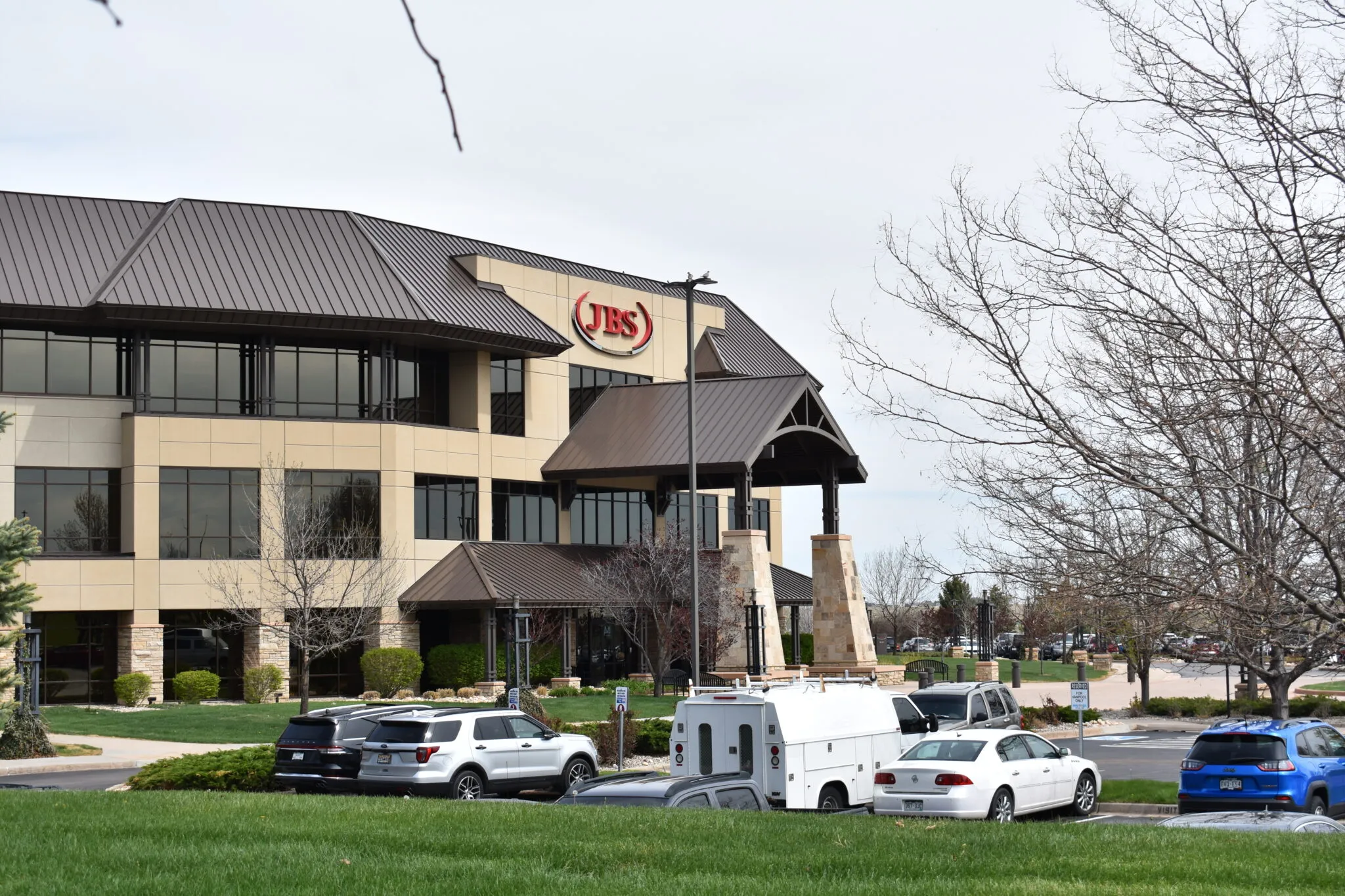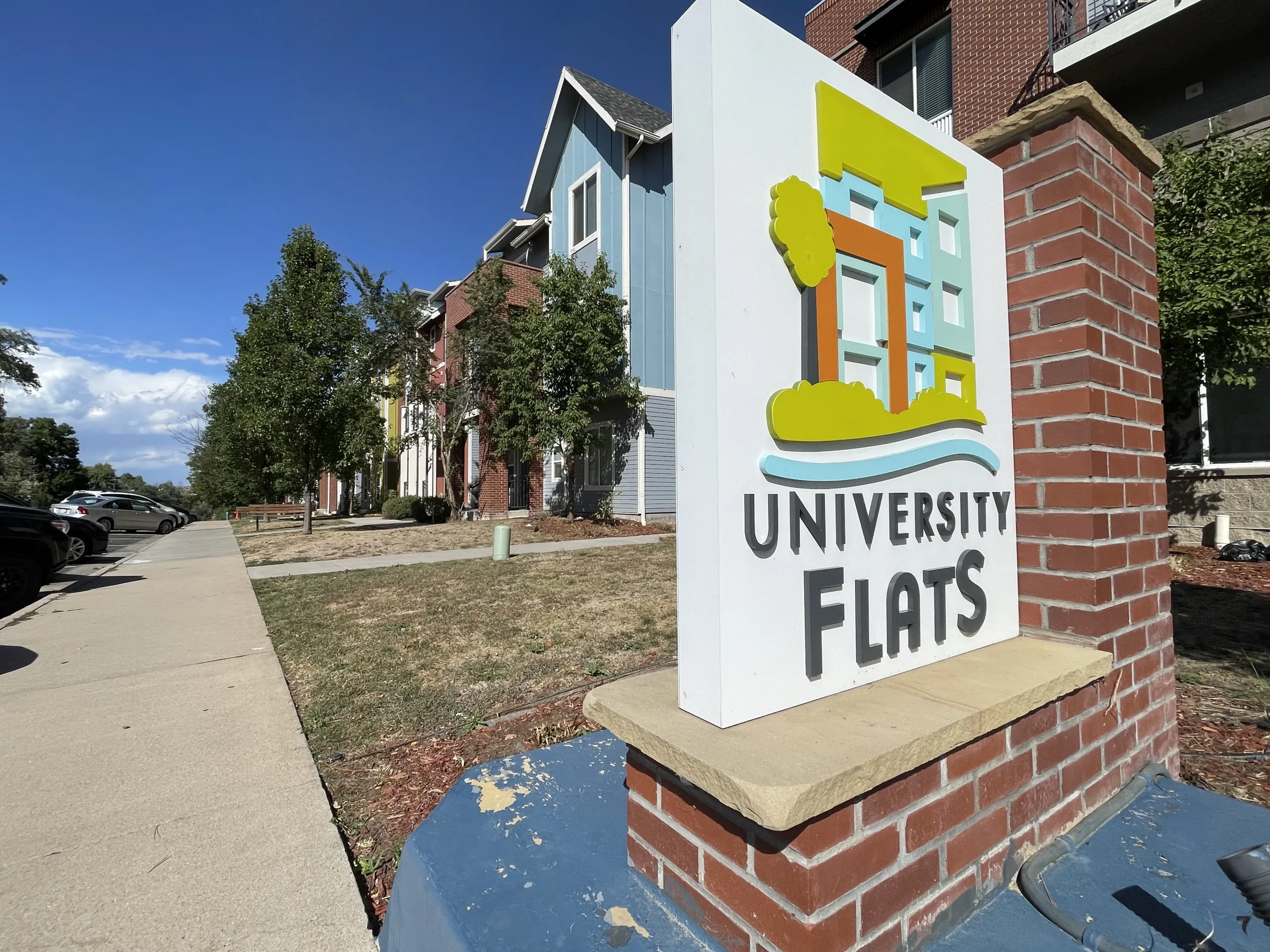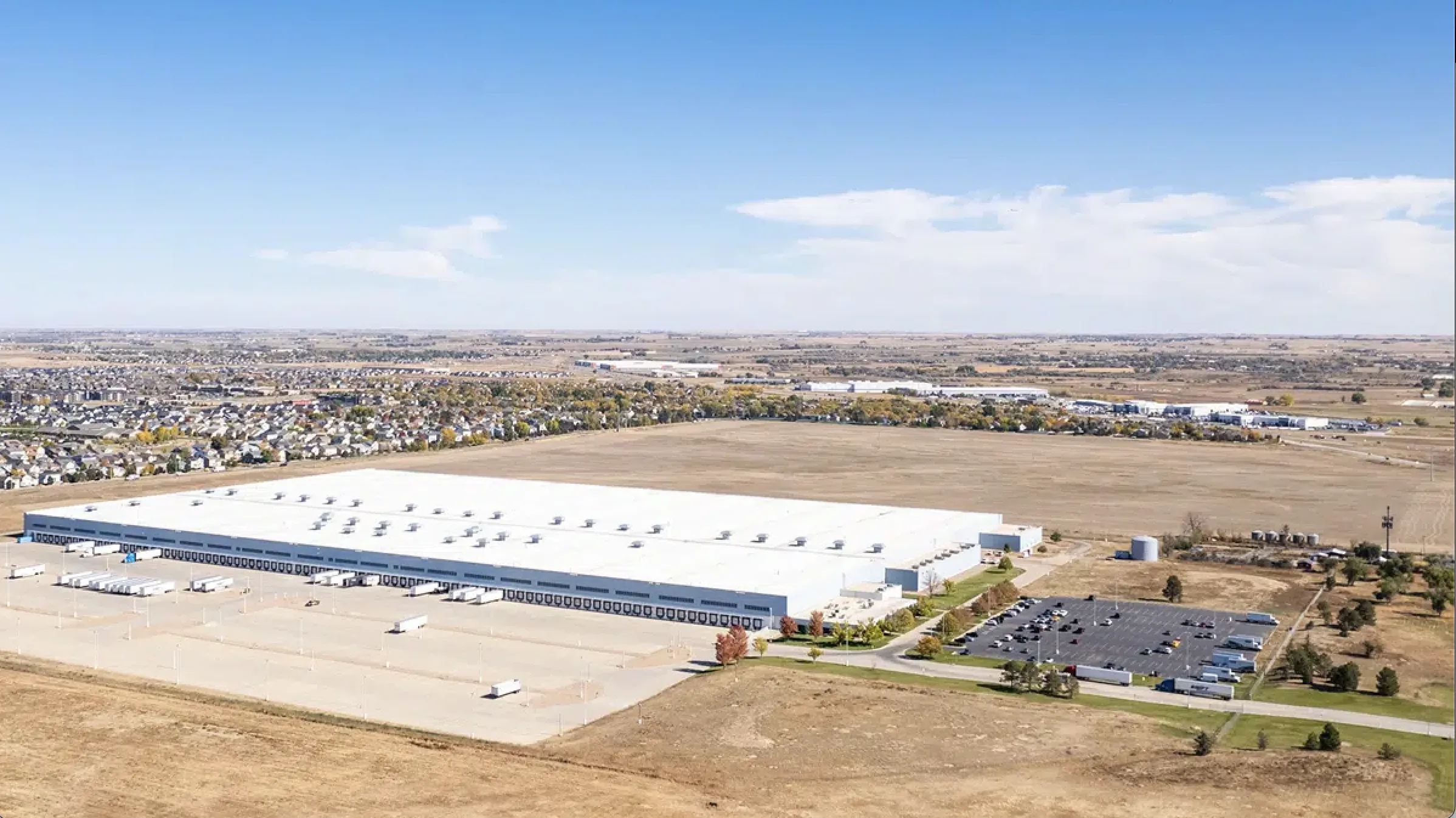Execs wary of federal changes but cautiously optimistic

BOULDER — Uncertainty was the common thread Tuesday as business executives from the Boulder Valley converged to discuss the real and potential impacts of a new presidential administration and its real and potential policy changes. Still, attendees at a BizWest CEO Roundtable were generally confident about the area’s resiliency.
“There’s too much uncertainty,” said Rich Wobbekind, associate dean and senior economist at the University of Colorado’s Leeds School of Business. “If I knew the impacts that are happening across the country, I’d feel much better in general. Are we really going to see contracts halted completely?”
In Leeds’ recent business confidence survey, Wobbekind said, respondents viewed the Trump administration’s policies on immigration and tariffs as negative influences. “The immigration policies could potentially impact us in a more significant way,” he said, “so that’s something we’re paying a lot of attention to.”
SPONSORED CONTENT
However, he added, President Donald Trump’s overall policies on loosening regulations on business were seen as positive signs, and “we see the same things reflected nationally.”
Kathleen Alt, a partner at the law firm of Berg Hill Greenleaf and Ruscitti LLP, which hosted the event, noted that attorneys there have been fielding questions from clients about what to do in the event of a raid by customs officials, and Rob Vissers, CEO of Boulder Community Health, where 50% of patients are covered by Medicaid, added that “we’re all still trying to understand the chaos and the potential legislative impact on health care.”
Eric Hozempa, CEO of the Longmont Community Foundation, acknowledged that, “with any new administration, there’s a lot of changes on regulation,” but noted that this new one seems to feel it can rescind nonprofit status for organizations with which it disagrees, “so that’s putting a lot of pressure on organizations that are doing equality work or maybe immigration work. We’re seeing a lot of anxiety because of that.”
Chuck McCoy, whose recruiting-services company, Creative Alignments, helps businesses build out their teams, said “it’s been a wild ride on the hiring front” since the COVID-19 pandemic, and though climate-related technology had been strong, “there’s a lot of clouds there now. Since the election, there’s been a bunch of shock in that community.”
McCoy lamented that the debate around traditional and renewable energy has become so divisive.
“For me, I’m always so surprised in that space that it’s always an ‘either-or’ solution,” he said. ‘To me, it should be an ‘and.’ You should be able to do your traditional energy things and then you should be preparing for the future. But that’s not how it’s played out politically.”
Jeff Romine, economist for the City and County of Broomfield, took a more nuanced view.
“Colorado is a purple state, and has been a purple state,” he said, noting that the state now has four Republican and four Democratic members of Congress “and our governor, a Boulder resident, tends to be a bit purple at times.
“Perhaps conversations and rationality will overcome some of the headlines of the day,” he said. “I tend to think a little longer term than a week or a month.”
What worries Romine more, he said, are some trends in commercial real estate and economic development in general, citing the demolition of 1stBank Center.
“That project was the hallmark of the community 20 years ago, but it just wasn’t working any more, so we decided the best way to move forward was to bite that bullet,” he said. “We decided to take down the building.”
He expressed more optimism about residential and light-industrial development in Broomfield.
“I’m concerned,” he said, “but I think we’re in a very positive place.”
Wobbekind predicted “growth, but a slower-growth environment, slower growth this year than last year,” and noted that Colorado leads the nation for the tightness of its labor force.
“We have 1.2 jobs open for every unemployed person in the state,” he said.
“We’re now one of the slowest-increased inflation states in the country,” Wobbekind said. “Our housing is not appreciating very much, but real wages have been growing for the past two years now.”
Workers are still not returning to the office in great numbers since the pandemic, said Beau Gamble, president of Dean Callan & Co., adding that downtown Boulder has a nearly 30% office vacancy rate.
“We are certainly grateful for tenants that need office space, especially law firms that do go to work every day in the office sector,” he said, but “we’re not going to see the office market like we did.”
“Office space has definitely taken a hit since COVID,” said David Chapman, president of BC Interiors. “It used to be roughly 50% of our annual business and now it’s probably closer to about 30%. But we’ve been able to diversify into public institutions, state and local government, and education, so that’s really helped us.”
Gamble predicted that “a few institutional ownership groups in Boulder will be trying to make an exit on some office products here this year, so that will probably change hands and those groups will lose money and someone’s going to see a brighter future for office space and come in at a lower dollar, and ultimately the office market is going to come back.
“Boulder County will always remain a good place to own real estate,” Gamble said. “I just don’t know if it’s a great place to have office space right now.”
He said Boulder’s aerospace, quantum computing and life-science sectors are healthy for industrial flex spaces, and retail also is strong.
“If you see vacancies sitting for a very long time in a prime location, it’s probably because the landlord is stubborn and is being very tough at making a deal and/or they’re asking the tenant to come too much out of pocket on what a buildout looks like,” he said.
The diminished numbers of office workers in downtown Boulder has been noticeable for retailers such as Katie Olson, manager of 45-year-old Art Source International on the Pearl Street Mall.
“We’re down at least $10 to $13 (on the) average sale since 2022, which is a lot when you’re doing 16,000 sales a year,” she said. “We’re seeing lots of people on the mall. The pedestrian count is still really high. They’re just not spending as much money. And that’s hard.”
Most of that foot traffic is tourists, she said, who walk by but don’t spend.
“A lot of people we talk to had their worst year ever in 2024,” she said. “Most people say it’s just OK – and OK is only good for so long.
“It’s local, local, local. We’ve got to get Boulder County people downtown more.”
Olson said that 90% of her employees live outside Boulder because they can’t afford to live there.
“There’s no way those hourly workers are living in Boulder unless their parents are helping them,” she said, “and then they only stay so long.”
Residential real estate should remain stable, said Todd Gullette, managing broker at Re/Max of Boulder. “Our sales force is pretty prepared to do the things that we did last year, to create connections with our clients, be resourceful,” he said.
The declining inventory is noticeable, however, he said, noting that 3,411 single-family homes sold in the county in 2019 but just 2,142 in 2024, “and that’s a significant drop.
“If you have over 35% of your housing stock under contract, that’s indicative of an appreciating market,” he said, adding that 2021 and 2022 were about the fastest market anyone has ever seen, with 60% to 100% under contract. Now we’re looking at 20% to 25% under contract.”
Joe Hovancak, completing his first year as executive director of the Boulder Chamber’s Economic Council, said he remained “cautiously optimistic” about the area’s overall economy. He acknowledged the “uphill challenge with housing affordability,” but said “people are still behind us,” noting the attention Boulder has gotten through its designation as a quantum technology hub and its competition for the Sundance Film Festival.
“We’re hoping that soon the sun will be dancing here,” he said. “Our fingers are crossed.”
He said he also hopes the chamber’s proactive promotional campaign will resonate.
“People come here for play,” he said, “but we want to show them that we’re open for business,” .
Gamble noted that “we never had to promote companies to come to Boulder,” but now “we love the promotion from the chamber.
“I can’t wait to see what companies relocate here.”
Uncertainty was the common thread Tuesday as business executives from the Boulder Valley converged to discuss the real and potential impacts of a new presidential administration and its real and potential policy changes. Still, attendees at a BizWest CEO Roundtable were generally confident about the area’s resiliency.
THIS ARTICLE IS FOR SUBSCRIBERS ONLY
Continue reading for less than $3 per week!
Get a month of award-winning local business news, trends and insights
Access award-winning content today!








